Could President Trump Actually Deport Elon Musk? Steve Bannon Thinks So
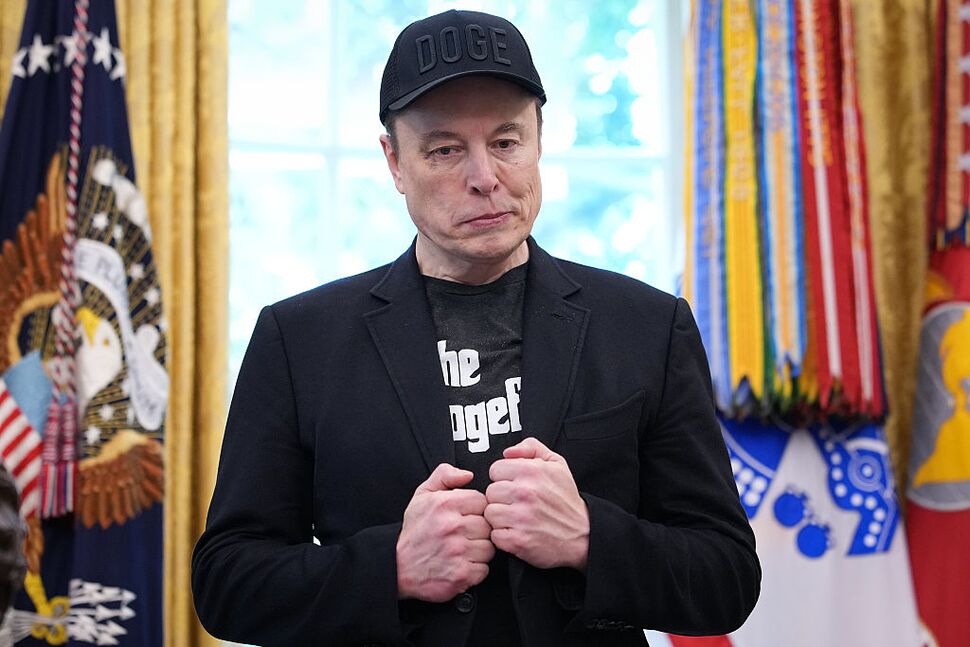
By Cecelia Smith-Schoenwalder and Marissa Yelenik
June 6, 2025 | 2:44 p.m.
The recent fallout between President Donald Trump and tech billionaire Elon Musk has taken an even more dramatic turn — with former Trump strategist Steve Bannon calling for Musk’s deportation.
Bannon, a longtime critic of Musk, reignited the feud on Thursday, suggesting that the federal government investigate Musk’s immigration history and strip him of his U.S. citizenship if any violations are found.
“He’s Illegal — Deport Him,” Bannon Says
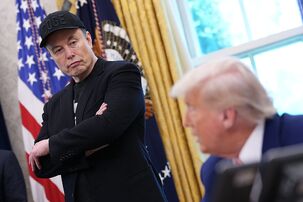
In an interview with The New York Times, Bannon claimed, “There should be a formal probe into Elon Musk’s immigration status. I strongly believe he entered and remained in the U.S. under questionable legality. If that’s true, he must be deported immediately.”
Bannon doubled down during his “War Room” webcast, saying, “Elon Musk is illegal — and he’s got to go.” He also floated the idea that Musk’s alleged drug use should be investigated, and suggested suspending his security clearance.
The Roots of the Conflict
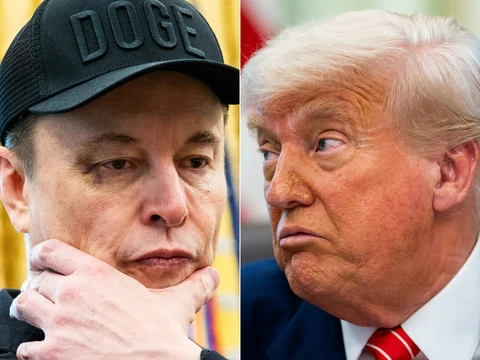
The push comes just days after a highly public and personal breakdown between Musk and Trump over the controversial “One Big Beautiful Bill Act.” The bill, a massive spending package championed by Trump, drew harsh criticism from Musk — who had previously been a vocal supporter of the president and even served as head of the Department of Government Efficiency.
Following Musk’s departure from that advisory role, the two exchanged a series of online attacks. Trump accused Musk of betrayal and labeled him “a man who has lost his mind.”
Is Musk’s Citizenship in Question?
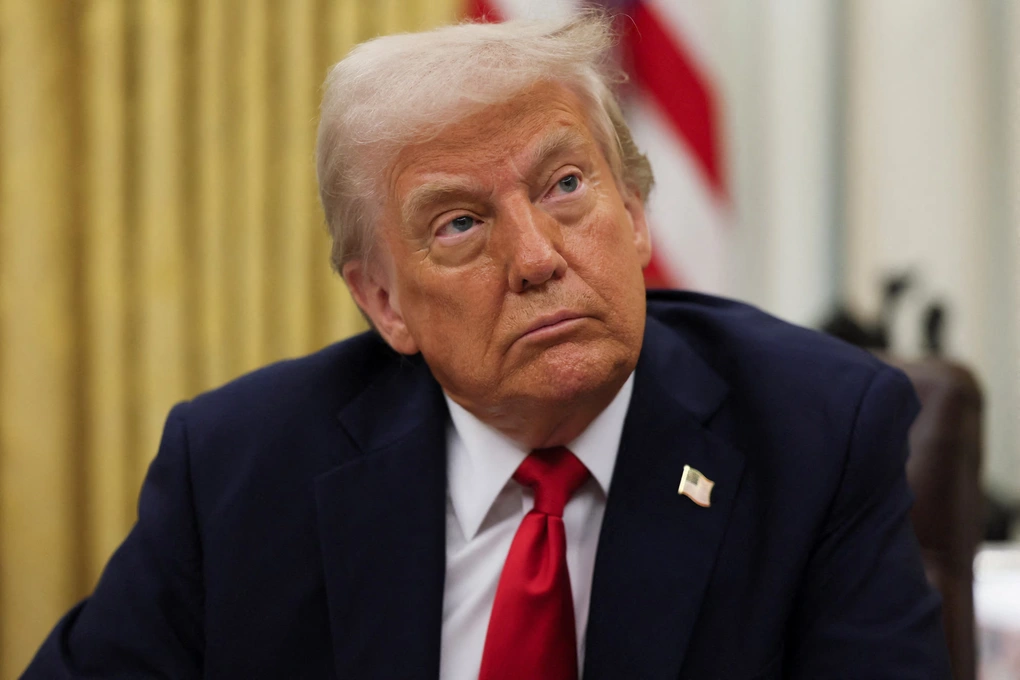
Elon Musk was born in South Africa, moved to Canada as a young adult, and eventually settled in the U.S., where he became a naturalized citizen in 2002.
However, a 2024 Washington Post investigation raised questions about his early years in America. According to the report, Musk may have worked in the U.S. during a time when his immigration status was unclear. Though he had been accepted to Stanford University, he never enrolled, opting instead to launch his first startup, Zip2 — potentially jeopardizing the terms of his visa.
Musk denied any wrongdoing, describing his visa situation as a “gray area” in a 2013 interview. On his social media platform X, Musk recently clarified: “I had a J-1 visa that transitioned to an H-1B. I was legally permitted to work in the U.S.”
Could His Citizenship Be Revoked?
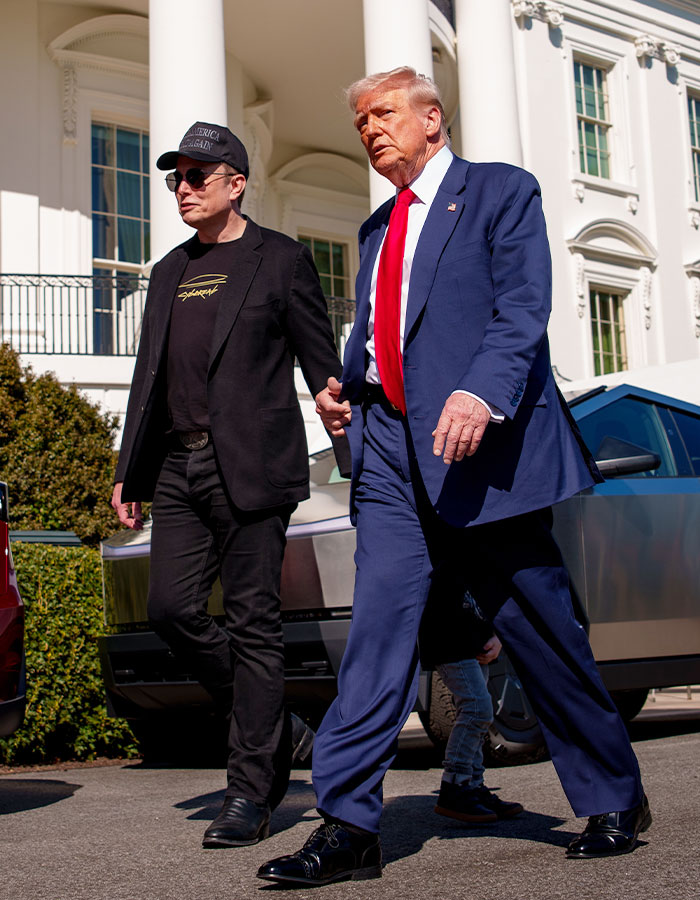
According to U.S. law, naturalized citizenship can be revoked if it was obtained through deliberate misrepresentation or concealment of key facts. Last year, Wired noted that if Musk knowingly misled immigration officials, the government could theoretically pursue revocation and even criminal charges.
However, such measures are extremely rare and politically fraught — and there’s no public evidence that Musk violated immigration laws.
Still, the idea is gaining attention in conservative circles. Bannon’s suggestion plays into wider debates about immigration, political loyalty, and the growing rift between America’s tech elite and populist politicians.
What Happens Next?
While Trump has not publicly echoed Bannon’s call for deportation, he has made it clear that Musk is no longer in his good graces. The president has reportedly considered canceling federal contracts and tax breaks linked to Musk’s companies, including Tesla and SpaceX.
As of now, the legal foundation for any deportation attempt remains highly questionable. But in an election year, the political theater surrounding the Trump-Musk feud is unlikely to fade anytime soon.